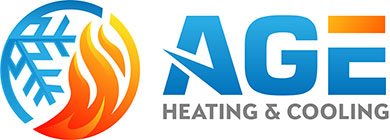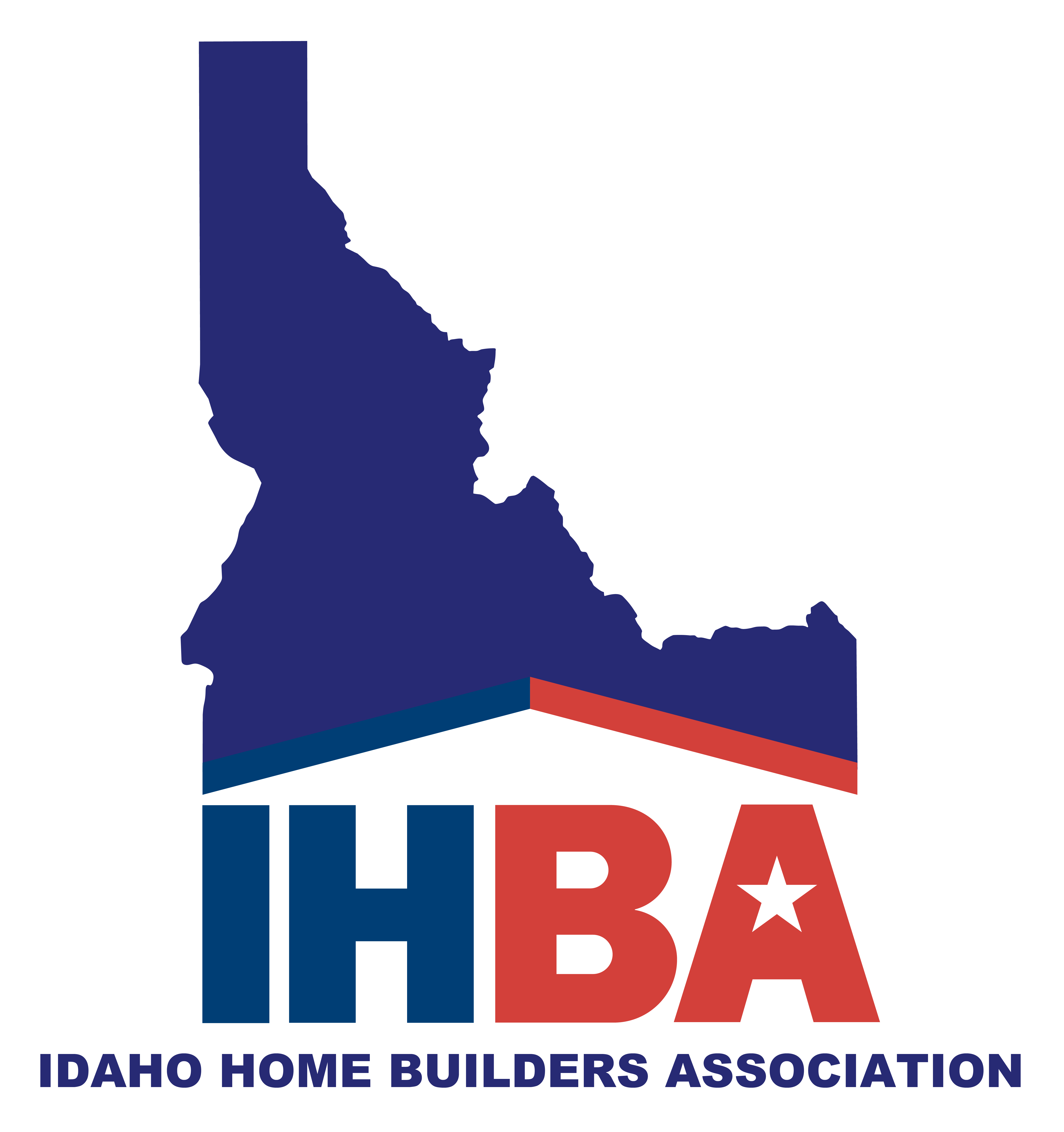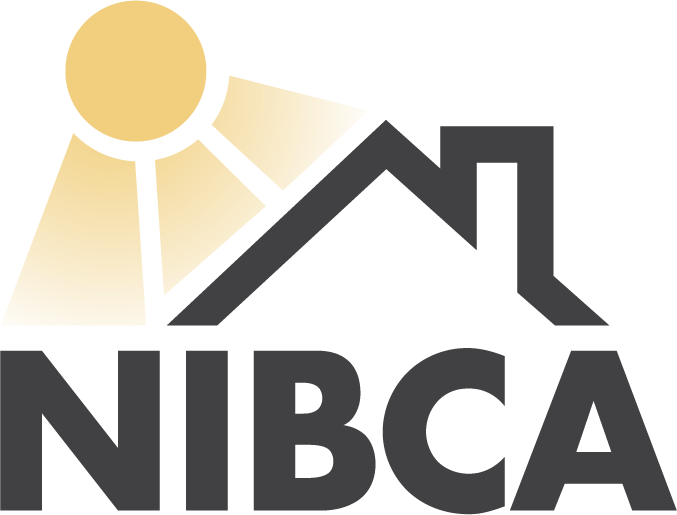
Have you ever performed a double take when you viewed your last energy bill? While high energy bills can be the end result of intense weather conditions, repeatedly high bills can also signify an inefficient HVAC system or your home is using too much energy through other means, like drafty windows or insufficient insulation.
One of the easiest ways to identify whether your home is using too much energy is by calling a home service specialist to complete a home energy audit, also referred to as a home energy assessment. Keep reading to learn more about home energy audits, including what they are and their benefits.
What Is a Home Energy Audit?
An energy audit is a thorough inspection of how much energy your home uses and whether – and where – your home might be losing or wasting energy. An inspector will take a look at older energy bills in the course of an energy audit to find out where energy is being consumed and how much.
The ultimate goal of an energy audit is to help homeowners save money on their energy bills by identifying energy-efficient updates, which may include exchanging your current HVAC system, installing new insulation, plugging up leaks, or replacing old windows.
Over the course of the energy assessment, the auditor also completes an inspection of the outside and inside of your home. The auditor completes a blower door test on doorways, windows and fireplaces to figure out if there are air leaks in your home. They’ll also check your home’s HVAC system, which also includes the ductwork, the water heater, and the insulation in your attic. Some assessments might also include inspecting your current lighting system.
Benefits of a Home Energy Audit
It can be tough for the average homeowner to know for sure how efficient their home is in comparison to other similar homes in their community. However, local energy companies often provide information about where your home is ranked when compared with similar homes and whether it’s more efficient, about average, or inefficient versus your neighbors’ homes. This could be a useful starting point to determine if you need an energy audit performed.
Some of the benefits of a home energy audit include:
Recognizing How Efficient Your Home Is
It’s beneficial to understand how efficient your home is and where you’re consuming the most energy. For example, if your ducts are leaking, it will cause a sizable increase in your energy bills and excessive wear and tear on your HVAC system since it has to run longer to fully heat or cool your home.
Making Energy-Efficient Updates
An energy audit should reveal where you need to make energy-efficient improvements to save on energy and reduce utility bills. This may include replacing worn weatherstripping or getting a new energy-efficient furnace.
Enhancing Health and Safety
Allowing air to slip into your home through doors and windows, or because of a lack of insulation can cause excessive moisture to build up, which can negatively affect your home’s humidity levels or encourage mold. This can cause health conditions, particularly for people suffering from asthma or allergies.
Increasing Your Home’s Retail Value
Energy-efficient homes are desired by homebuyers. You can sell your home much faster or for more money by demonstrating to possible buyers that it’s energy efficient.
How to Complete an Energy Audit of Your Home
Although completing an energy audit independently may not be as thorough as calling a professional, it’ll offer you a general idea of how energy efficient your home is. If you don’t discover any problems during the DIY test, then you probably don’t need to bring in a professional. Use this step-by-step checklist:
- Examine your HVAC system. Damaged ducts can lose nearly 20% of conditioned air, contributing to higher energy bills and increased strain on HVAC equipment. If you find leaks, use duct tape to eliminate them. If your HVAC equipment is old and wearing down, upgrading to a new system can save you a considerable amount on your energy bills. In some cases, it might be better to hire a reputable HVAC company to inspect your system.
- Check for air leaks. Air leaks on average can raise your energy bills by 10 to 20%. Inside, look for air leaks in areas where you can find a draft, including along the edge of flooring and near baseboards and electrical outlets. Outside, you can look for air leaks in the home’s foundation, siding and mortar. Plug, caulk or seal any air leaks to save money.
- Examine insulation. If your home is older, it could mean your insulation is too. If you can see the joists, you likely need more insulation.
- Check ventilation. Check that all of your kitchen and bathroom exhaust fans are functioning properly, and inspect for evidence of rot or moisture.
Contact Age Heating & Cooling for a Professional Energy Audit
If you want professional help finding out how energy efficient your heating and cooling equipment is, call the HVAC professionals at Age Heating & Cooling today. We’ve proudly serviced the residents of Sandpoint with quality home services for years. Contact us today to request an appointment.







